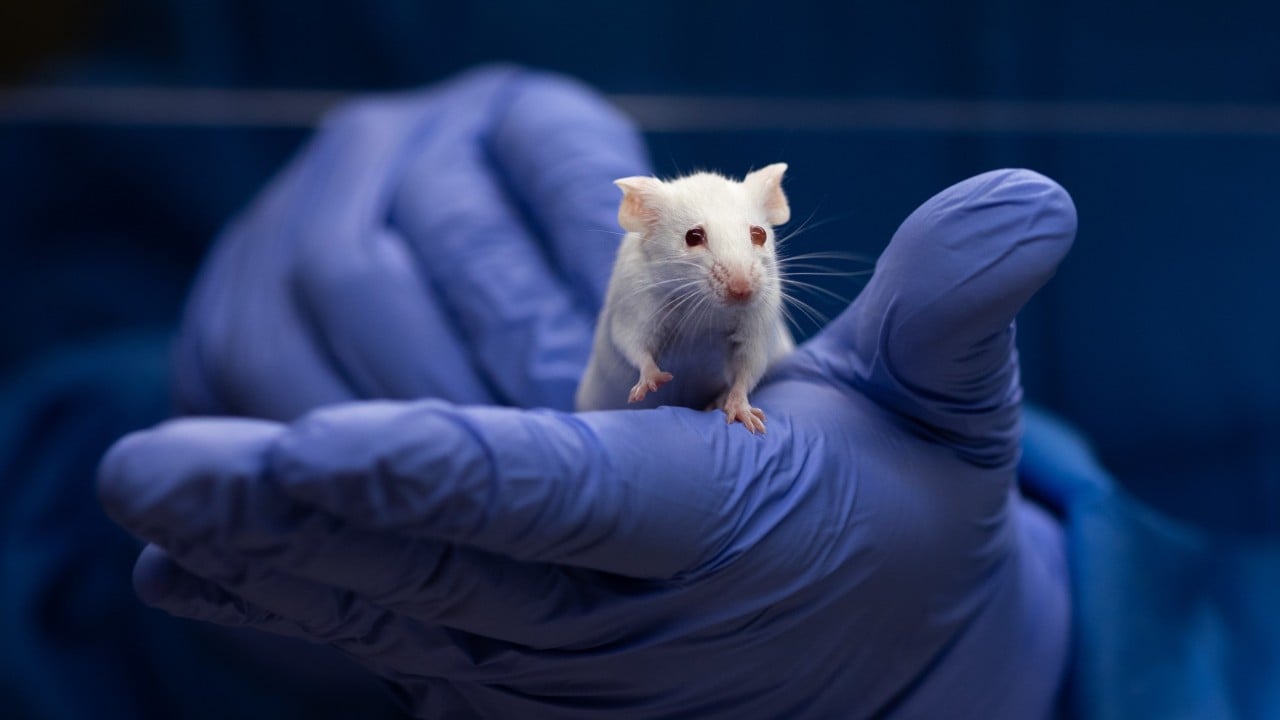Chinese scientists who successfully restored damaged outer ears in mice said their findings proved the existence of a genetic switch for organ regeneration, which meant it might also be present in other organs.
Advertisement
While the scientific journey to achieving organ regeneration in humans remains long and challenging, the study, published in the peer-reviewed journal Science, has offered the researchers hope.
Last week, co-corresponding authors Wang Wei and Deng Ziqing published their findings that a mouse’s inability to regenerate was due to its failure to produce enough retinoic acid, a derivative of vitamin A that regulates which cell type emerges during development and tissue repair.
The scientists said they were able to reactivate the regeneration of the mouse ear by turning on an “evolutionarily disabled genetic switch”, which led to the complete restoration of lost tissues in a hole punched through their outer ear, including cartilage.
Wang, an assistant investigator at the National Institute of Biological Sciences in Beijing, said the team would continue their research to determine when mice lost their ability to regenerate during evolution.
Advertisement
“The ability to regenerate appears to contribute to the survival of animals,” he said in an interview. “Why was this ability lost as species evolved?”

